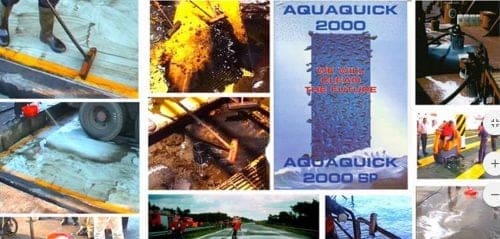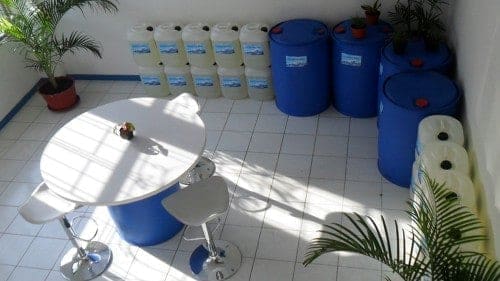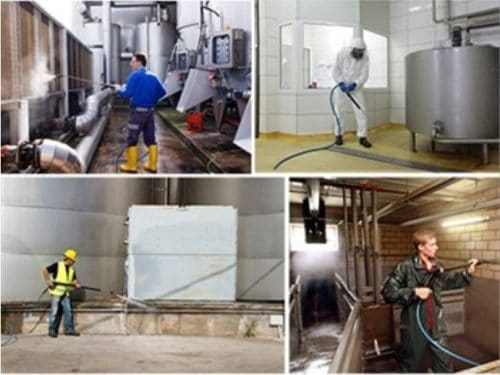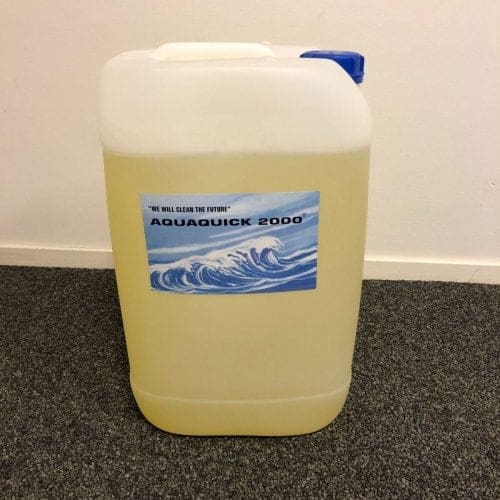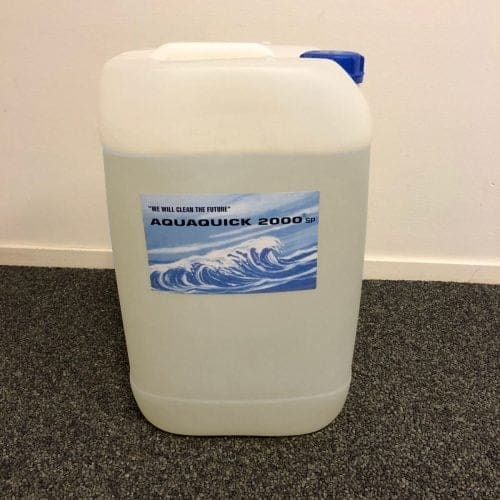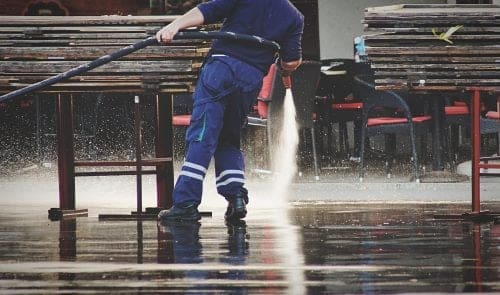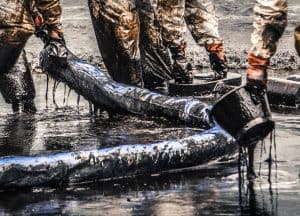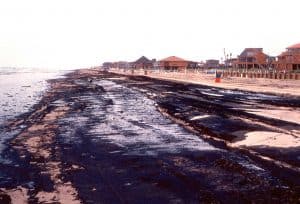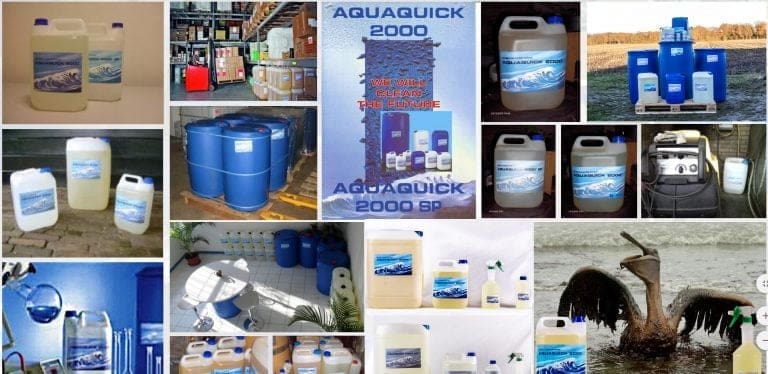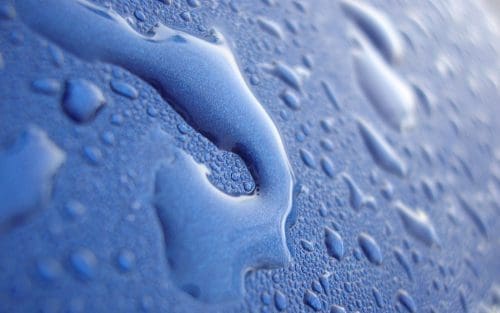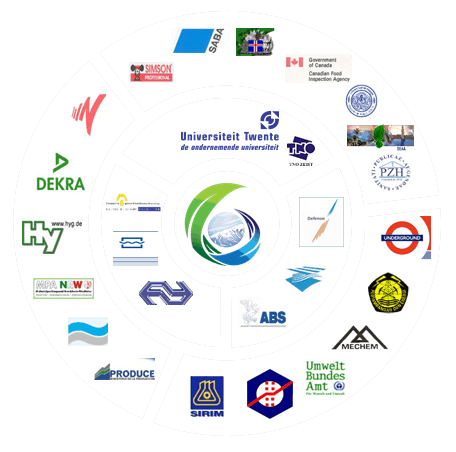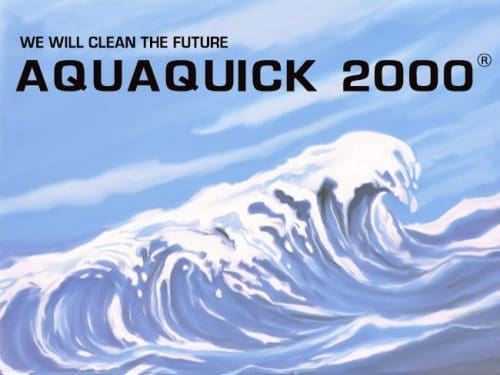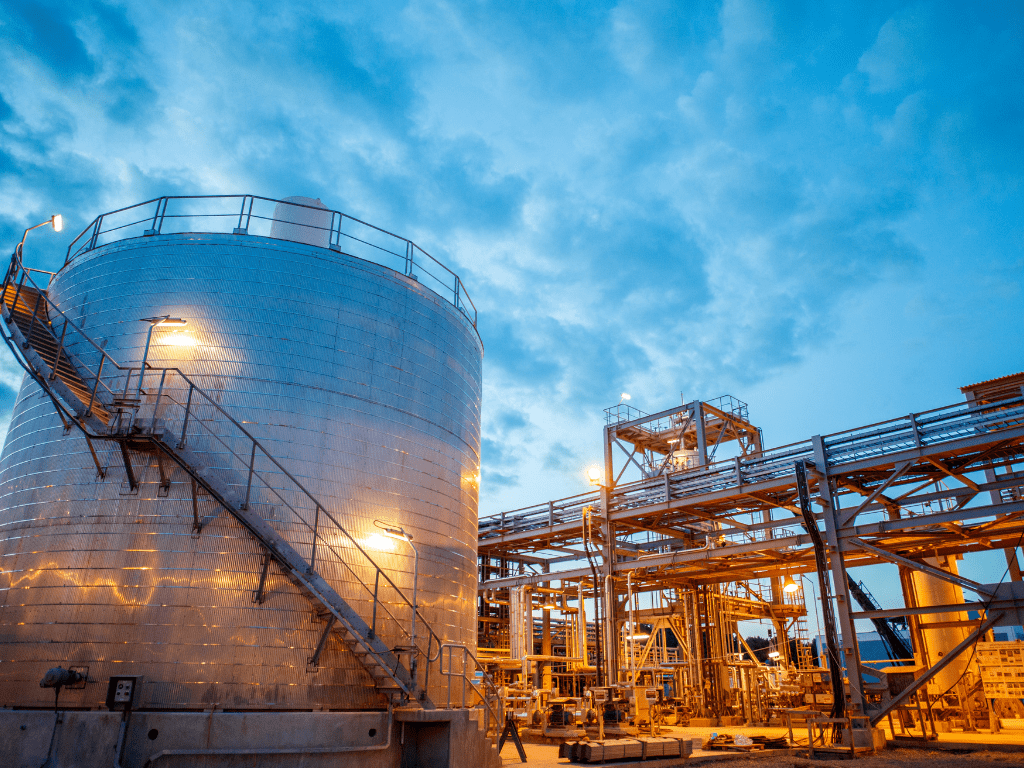Maintaining a marine gas tank is crucial for ensuring the longevity and performance of your boat’s engine. Whether you’re preparing for a long boating season or dealing with fuel issues, proper cleaning and maintenance are key. In this article, we’ll cover how to clean and maintain a marine gas tank effectively, focusing on ensuring optimal fuel efficiency, engine health, and overall safety.
Understanding the Importance of Marine Gas Tank Maintenance
Why Marine Gas Tanks Need Regular Cleaning
Marine gas tanks are exposed to a range of harsh environmental conditions, including moisture, saltwater, and sediment, all of which can cause issues if not addressed. These factors can lead to corrosion, clogged fuel lines, and even engine failure. Regular cleaning of your marine gas tank helps prevent such problems and ensures your boat runs smoothly.
Common Problems with Marine Gas Tanks
- Rust and Corrosion: Exposure to moisture can lead to rust inside the gas tank, especially if your boat is in saltwater environments.
- Fuel Contamination: Over time, dirt, debris, and water can accumulate in the tank, leading to fuel contamination that can damage the engine.
- Clogged Fuel Lines: Sediment and other contaminants can clog the fuel lines, causing engine misfires or even complete engine failure.
How to Clean a Marine Gas Tank
Cleaning a gas tank requires a systematic approach. Follow these steps to clean your tank effectively.
Step 1: Drain the Gas Tank
Before starting, ensure the gas tank is completely drained. Disconnect the fuel lines and let any remaining fuel flow out. It’s crucial to handle fuel carefully and dispose of it according to local environmental regulations.
Step 2: Remove the Tank for Inspection
For thorough cleaning, it’s best to remove the marine gas tank from the boat. This allows you to inspect for signs of rust, corrosion, or any other issues. Look for rust spots, especially near the seams and interior walls.
Step 3: Use a Suitable Cleaner
To clean your marine gas tank, use a product that effectively breaks down rust, debris, and other contaminants. One excellent option is AQUAQUICK 2000, a versatile and eco-friendly cleaner designed to remove contaminants from fuel tanks. AQUAQUICK 2000 is particularly effective in dissolving tough residues, ensuring a clean and efficient fuel system.
Step 4: Scrub the Interior
After applying the cleaning solution, scrub the interior of the tank using a long, flexible brush. Focus on areas where rust or debris may have accumulated. Ensure you reach all corners of the tank.
Step 5: Rinse and Dry the Tank
Once the interior has been thoroughly scrubbed, rinse the tank with clean water to remove any remaining cleaner or debris. Make sure to dry the tank completely before reinstalling it. Moisture inside the tank can lead to rust formation, so this step is critical.
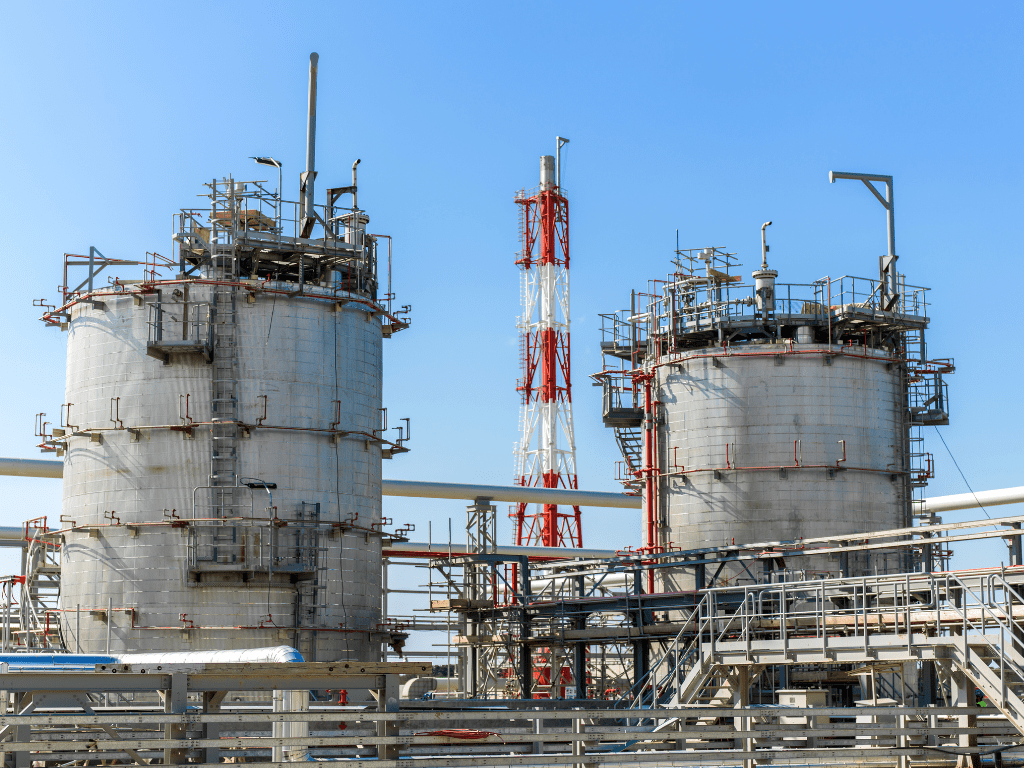
Preventing Future Problems in a Marine Gas Tank
Prevention is always better than cure when it comes to maintaining a marine gas tank. Here are some best practices for preventing fuel contamination and extending the lifespan of your tank.
Regular Inspections
Make it a habit to inspect your marine gas tank regularly. Look for signs of rust, leaks, or contamination. Catching issues early can prevent costly repairs down the line.
Keep the Tank Full
Keeping your marine gas tank full when not in use minimizes the amount of air inside, reducing the risk of condensation and rust formation. Water from condensation can mix with fuel, leading to contamination and engine problems.
Use Fuel Stabilizers
Adding a fuel stabilizer to your marine gas tank can help keep the fuel fresh, particularly if your boat will be idle for extended periods. Fuel stabilizers prevent the fuel from breaking down and forming varnish or sludge.
Consider a Fuel Filter
Installing a high-quality fuel filter can help trap contaminants before they reach the engine. This extra layer of protection is particularly important for boats operating in harsh environments, such as saltwater regions.
How to Extend the Lifespan of Your Marine Gas Tank
Ensuring the longevity of your marine gas tank involves more than just regular cleaning. Here are some additional tips to help extend its lifespan.
Avoid Ethanol-Blended Fuels
Ethanol can cause issues in marine gas tanks, particularly those made of aluminum. Ethanol attracts moisture, which can lead to water contamination in the tank. Stick to ethanol-free fuel whenever possible to prevent rust and other damage.
Store Your Boat Properly
When storing your boat for the off-season, ensure the gas tank is full and treated with a fuel stabilizer. Additionally, store your boat in a dry, covered area to reduce exposure to moisture and environmental elements.
Choose the Right Cleaning Products
Selecting the right cleaning products is essential for maintaining the integrity of your marine gas tank. Products like AQUAQUICK 2000 are specifically designed to clean fuel tanks without causing harm to the environment or the tank’s material. By using eco-friendly and effective cleaning solutions, you can maintain the tank’s cleanliness and prevent future problems.
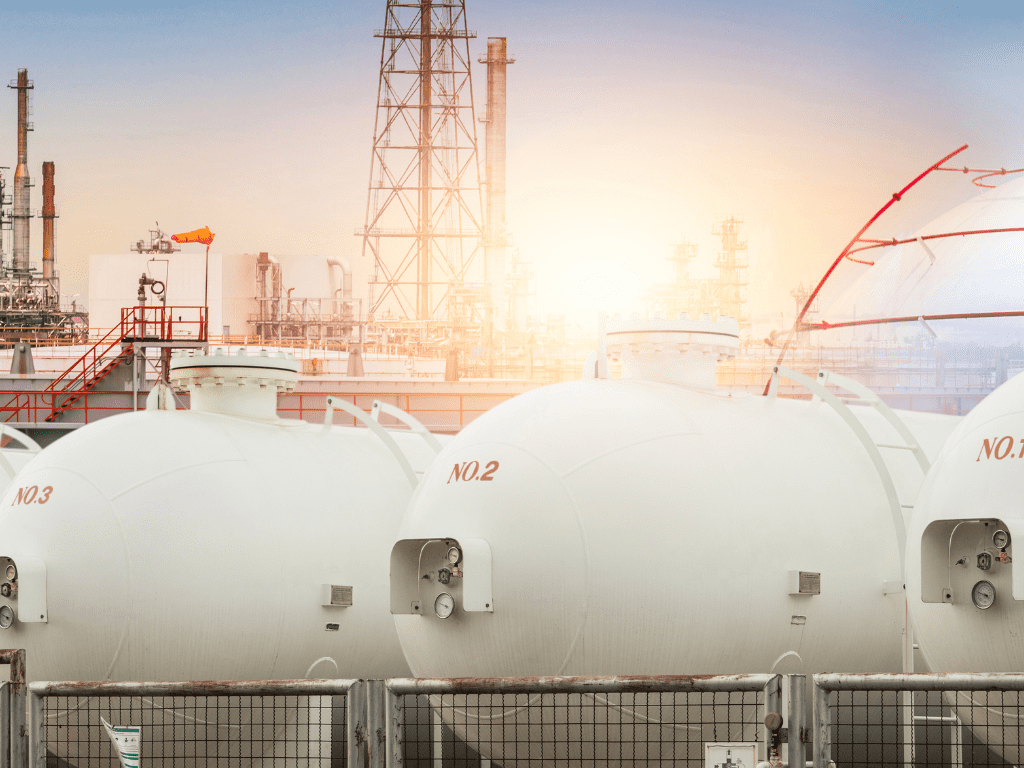
Conclusion
Maintaining a marine gas tank is a vital part of boat ownership. Regular cleaning and preventive measures ensure that your fuel system remains free from contaminants and that your engine performs optimally. By following the steps outlined above and using effective cleaning solutions like AQUAQUICK 2000, you can keep your marine gas tank in top condition for years to come.
Remember, a clean tank means a more efficient engine, better fuel economy, and fewer chances of costly breakdowns on the water. Don’t neglect your marine gas tank—maintain it regularly and enjoy smooth sailing.

